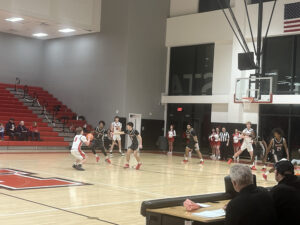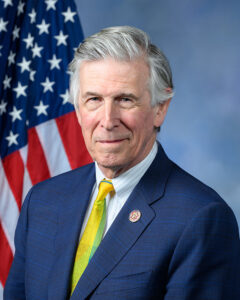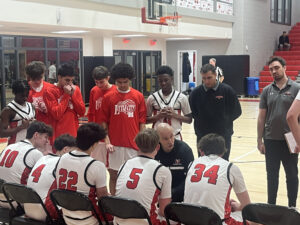By now most people who come in contact with a television set have seen the beer commercials featuring the likes of Burt Reynolds and Jimmy Johnson sitting around a table sipping brews and creating one "Man Law" after another to govern male behavior.
In a more sedate, and far less entertaining, setting, "Beer Law" is continually being made that has an effect on beer consumers here and abroad.
In one recent example, which I like to call "This Budvar’s For You," Anheuser-Busch’s latest deal with a foreign brewer will serve to increase its already-huge share of the American beer market.
The Czech brewer Budejovicky Budvar, which has been involved in legal hassles with Anheuser-Busch for years over rights to certain beer names in Europe, has agreed to give A-B importation rights to its Czechvar Premium Czech Lager, previously sold in 30 states by Distinguished Brands. Czechvar, which will continue to be brewed in the Czech Republic, is sold as Budvar in most countries.
A-B previously struck U.S. distribution deals with Stella Artois, Beck’s, Grolsch, Tiger, Kirin and Bass Pale Ale among other foreign brewers in an effort to shore up overall sales in a declining domestic beverage market.
Meanwhile, up in Maine, the controversial English beers known as Santa’s Butt, Bad Elf, Seriously Bad Elf and others of that ilk may now be sold to the public.
That’s a decision made just several days ago, too late for the distributor’s holiday sales, but at least it was made.
The controversy began when Maine — despite New York, Connecticut and Massachusetts having already plowed the same ground only to reverse their rulings — decided the bottle labels on the seasonal brews were too racy for the public to see.
The Maine Civil Liberties Union had filed a lawsuit on behalf of Shelton Brothers, the Massachusetts distributor that keeps getting hit with bans. The group accused the state Bureau of Liquor Enforcement of censorship.
Maine also denied sales applications for Les Sans Culottes, a French ale, and Rose de Gambrinus, a Belgian fruit beer.
Their transgressions: Les Sans Culottes used part of 19th century painter Eugene Delacroix’s "Liberty Leading the People," which includes a bare-breasted Lady Liberty figure.
It is good enough to be hanging in the Louvre since 1874, but Maine regulators thought it too racy for consumers to see on a bottle. The other beer has a bare-breasted woman in a painting commissioned by the brewery.
In a more straightforward decision, free beer became the law of the land on New Year’s Day. At least the land of California.
The state’s prohibition on passing out free beer samples to patrons at restaurants and bars was replaced by a new law that allows manufacturers and distributors to hand out their wares.
The move, passed by both houses of the legislature and signed into law by Gov. Arnold Schwarzenegger, was supported by major beer brewers who are laboring in an industry that has been steadily losing market share to spirits and wines, both of which may be offered as free samples to consumers in California.
The new law specifies that a beer tasting cannot exceed eight ounces per person per day and that the beer must be served in a glass, rather than a bottle or can.
Tastings also will be limited to a maximum of one hour, and must be done as part of "courses of instruction." A manufacturer, importer or wholesaler cannot offer more than six tastings per year at any given establishment. Advertising is limited to signs inside a bar or restaurant.
—
(c) 2007 Hearst Newspapers










